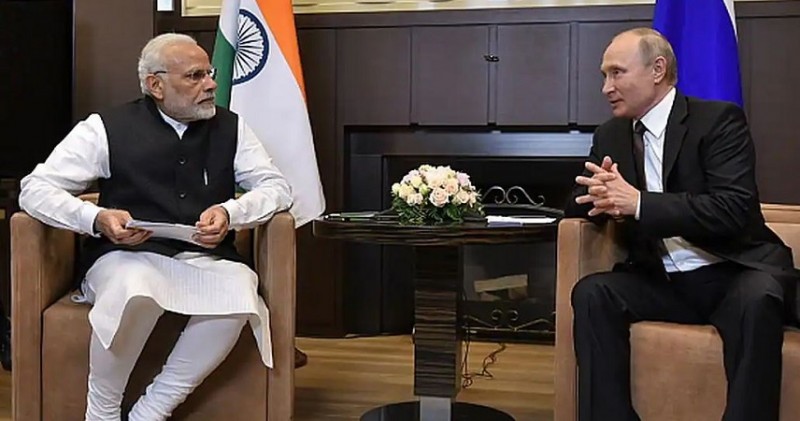
Indian Prime Minister Narendra Modi is expected to travel to Moscow in the second week of July for summit-level discussions with Russian President Vladimir Putin. This annual meeting, crucial for the India-Russia dialogue, occurs amidst the prolonged Ukraine conflict, where India has consistently advocated for diplomatic solutions.
Recently, India participated in peace talks on Ukraine in Switzerland, represented by Pawan Kapoor, Secretary West in the Ministry of External Affairs. India, along with six other nations, refrained from signing a joint communique, emphasizing the need to involve all stakeholders for sustainable peace.
The India-Russia summit, initiated in 2000 with the "Declaration on Strategic Partnership," underscores the enduring ties between the two nations. Reports suggest Modi might skip the Shanghai Cooperation Organization (SCO) summit in Astana, scheduled in early July, possibly signaling strategic considerations amidst regional developments.
The SCO, comprising China, Russia, and Central Asian nations, addresses security, economic cooperation, and regional stability. Modi's decision not to attend the SCO summit aligns with the ongoing Parliament session commitments.
Historically, Russia has been India’s principal source of defense equipment. However, India has diversified its defense procurement, signing substantial deals with European and American suppliers for advanced technologies. Bilateral trade between India and Russia has surged, approaching $50 billion amid the Ukraine conflict.
Despite criticism, India defends its decision to purchase discounted Russian oil and fertilizers as a matter of national interest. This stance has reinforced India's role as a significant supplier of these commodities to Russia.
Russia and North Korea Sign Strategic Partnership: What We Know and Don't Know
What to Watch on Russia-Ukraine Conflict: Day 846 in Review, Updates
Putin Visits Vietnam: Another Symbol of Ongoing Diplomatic Ties